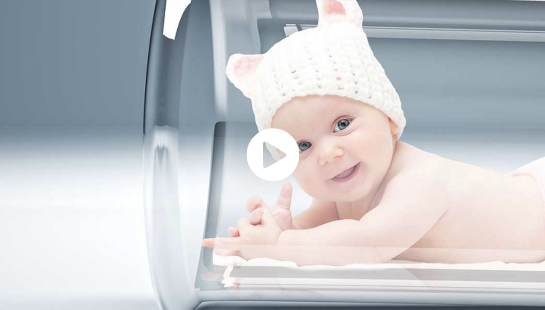Stress can be defined as a situation that occurs when a person perceives an event as frightening or dangerous.
As a result, stress causes an increase in the activities of some organs in the body. This mobility occurs when the hormones secreted from the adrenal glands spread to the nervous system. Acute stress can cause increased heart palpitations, blood pressure, and respiratory rate, as well as a pale face and sweaty hands. Chronic stress causes depression, changes in the immune system, and sleep disorders.
Does Stress Cause Infertility?
Although infertility is a very stressful experience, there are no studies to say that stress causes infertility. In rare cases, high levels of stress can cause hormonal changes and irregular ovulation in some women. Some studies have also shown that excessive stress causes tube blockages in women and decreased sperm production in men.
Is Infertility a Cause of Stress?
Studies show that women undergoing infertility treatment are just as stressed as women with vital ailments such as cancer and heart disease and undergoing treatment. Couples with reproductive difficulties experience chronic stress with the hope of getting pregnant every month, and then disappointment when pregnancy does not occur.
Why Does Infertility Cause Stress?
A couple diagnosed with infertility feel that their bodies and life plans are out of their control. Infertility can be a major crisis, as it jeopardizes the impulse of being a parent, which is an important life purpose. Many couples are used to planning their lives. Their experiences have shown them that if they want something very much and work hard, that they will get it. But when it comes to infertility, this is not the case. Infertility tests and treatments can be physically, psychologically and financially stressful. During infertility treatments, the mystery of a couple’s private life is severely interrupted, which creates an additional stress factor in the future. Efforts of infertility patients to adjust their work life and doctor appointments also increase their stress.

Stress Relieving Tips
Always keep the line of communication open with your spouse.
Get emotional support so you don’t feel isolated. Counselling sessions done for individuals or couples, support groups, books will show you that your feelings are normal and will make it easier for you to cope with this situation.
You can learn stress relief techniques such as Yoga and Meditation.
Avoid excessive use of stimulants such as caffeine.
Get regular exercise to reduce physical and emotional tension.
Choose a treatment method that you and your partner are comfortable with.
Learn as much as possible about infertility and its treatment.
Source: www.asrm.org Fact Sheet: Stress and Infertility
Stress Does Not Affect IVF Results.
A study performed by University Hospital researchers in Gothenburg-Sweden revealed that the stress and anxiety experienced by a woman during infertility treatment did not affect her chances of getting pregnant. Of the 166 women who answered the questionnaire, 139 were in good condition for embryo transfer at the time of the study. While 58 of these women became pregnant, 81 of them could not get pregnant. The mood of the woman, as assessed by the first and by the second questionnaire conducted just before the embryo transfer; didn’t affect her condition of being pregnant. Researchers found similar pregnancy rates in women with and without anxiety and depression. Therefore, the presence of high-quality embryos emerged as the sole determining factor for conception.
The questionnaire used in the study was the Psychological General Condition Assessment Index (PGWB), which measured a woman’s mood, general health, relationships, lifestyle, outlook on life, and the intensity of her desire to have a child. The first questionnaire was administered before the women started the treatment, and the second questionnaire was administered just before the ovulation collection process, because the parents-to-be mostly express their concerns and concerns during this process. Since the second survey was carried out before the embryo transfer, it is not affected by whether the treatment was successful or not. However, this cannot guarantee that women express their feelings openly or that they do not reflect more positive emotions than they feel.
Previous researches do not provide a consensus on the impact of stress and tension on pregnancy success. Some studies claim that this is effective and warn women about it.
Although this study does not give a definite answer, due to its structure and sample size, it supports the conclusion that stress and anxiety do not reduce the probability of a woman getting pregnant. Lead author of the study, Dr. Lisbeth Anderheim says that “We can use these results and information to reduce the concern and anxiety women experience about this issue”.








